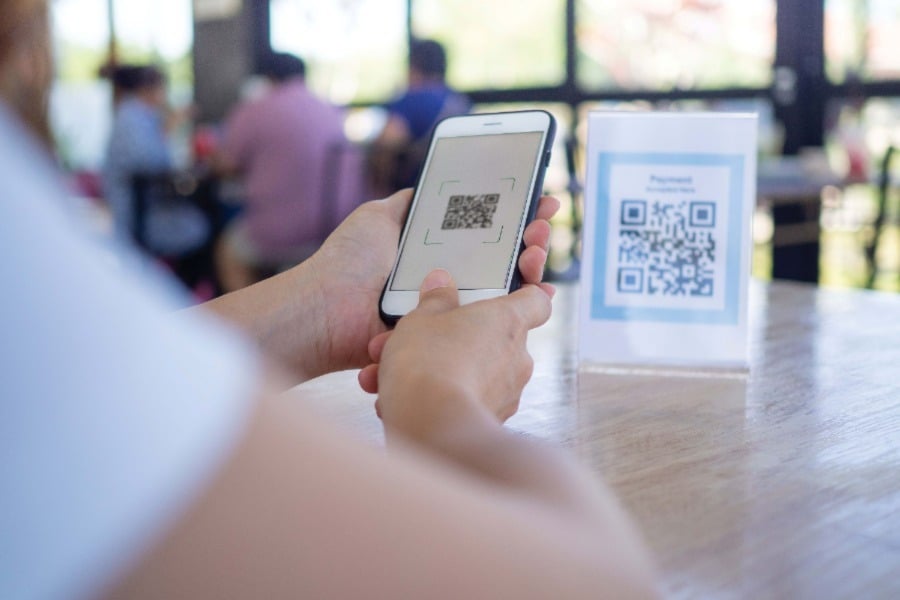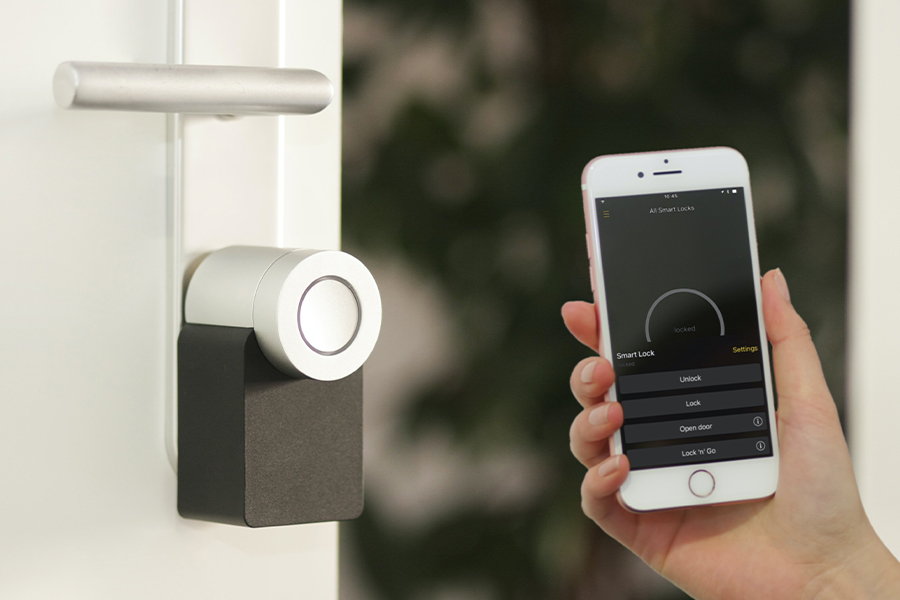RFID Technology Makes Travel Safer

If you’ve been shopping for travel gear lately, you may have noticed an increase in wallets and bags that feature RFID-blocking technology. This new technology can be confusing, so let’s review what it is and why it matters, so you can shop smart and travel safely.
What Is RFID?
RFID, short for radio frequency identification, is technology that allows radio waves to track and identify tags that are attached to different objects. RFID has many practical business and consumer uses, such as tracking library books, livestock, goods in a warehouse, travel documents, even runners in a marathon. The technology functions like a product barcode and scanner; however, the RFID tag and reader don’t need to be in proximity to communicate with each other. The primary benefit is that items are tracked and identified without manually scanning them, making inventory management faster and more accurate. According to Grand View Research, the global RFID market size was valued at $10.53 billion in 2015 and is estimated to reach $40.5 billion by 2025.
Safety and Security for Your Passports and Credit Cards
RFID technology has been around for a long time, but the growth among consumer applications has exploded in recent years. RFID technology is now in some passports and credit cards, which presents a new potential platform for digital information theft. Critics of RFID technology note there’s no “off button” for passive tags, which means unauthorized readers can theoretically access data from unsuspecting people. Despite the growth of this technology, it’s important to note the percentage of credit cards with RFID in the U.S. is extremely small, so most people are not at risk of information theft. RFID shouldn’t be confused with EMV credit-card technology, which is built into the little gold, square chip that you likely now have on your credit cards.
An Extra Layer of Security
While there isn’t a consensus on the actual risk of digital information theft due to RFID scammers, the fear alone has fueled a new segment of RFID-blocking consumer products. Many travelers, in particular those who travel internationally where RFID is used more frequently, are buying wallets and bags with a special liner that prevents unwanted scanning. These products are designed to reduce the risk of digital information theft while providing the additional peace of mind to be a more confident traveler. If you’re interested in learning about RFID-blocking products, stop by our AAA Travel Store and talk with a sales associate about the products that might be right for you.





